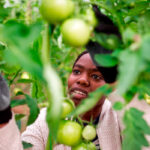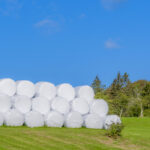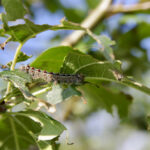Archives

Experiential learning program plants SEEDS of on-farm knowledge

Livestock lawn ornaments feature in fun fundraisers
Junior Farmer groups collect fees for nightly round-ups

Free COVID-19 course available for foreign workers, employers
Guides available in English, French and Spanish

Massey’s Protec combo baler brings wrapping on board
Baler allows for less loss of forage quality due to immediate wrapping

Report calls for industry leadership on plastics
Legislation splits plastics into different categories of toxicity and could affect farm-level plastic use

Cyber shield your farm: Tightening up the digital safety network
Agribusinesses are becoming a target for cyberattacks, but there are some simple things you can do to reduce the risk

Livestock sector has a history of decreasing emissions
Science Notes: The intensity of emissions is decreasing, but regional differences remain

Tree planting emerges from COVID into hot, dry spring
Additional threat of gypsy moth has foresters on edge as tree planting booms

Syngenta Canada Inc. forms seed and crop protection business units

New micro-learning platform for veterinarians wins pitch competition
Obi Veterinary Education helps veterinarians stay up-to-date without in-person learning
